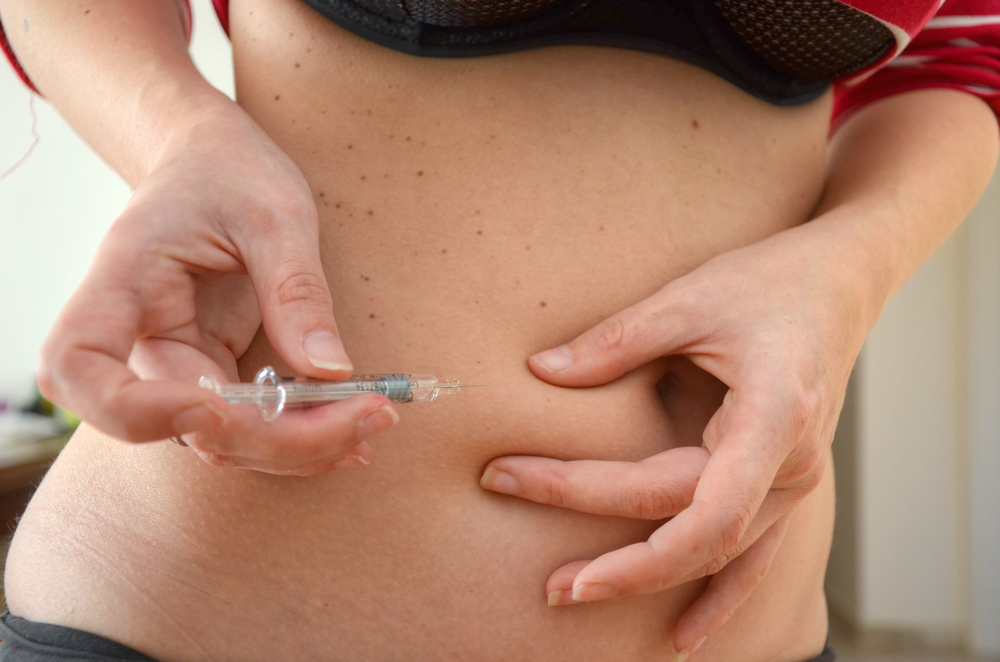
We know many, many factors influence fertility, from diet, to genetics, to pure luck. Now a new study out of the University of Nottingham, and published in the BJOG: An International Journal of Obstetrics and Gynaecology, has found a link between a woman's ethnicity and her likelihood of conceiving using fertility treatments like IVF.
Researchers looked at nearly 40,000 women undergoing their first cycle of IVF or Intra Cytoplasmic Sperm Injection (ICSI) over the course of 10 years. These women fell under the following ethnicities: White British, White Irish, White European, South-Asian Indian, South-Asian Bangladeshi, South-Asian Pakistani, Chinese, Black British, Black African, Black Caribbean, Mediterranean European, Middle-Eastern, Mixed Race, and Other Asian. What they found was that white British women had the highest rate of live births, at 26.4 percent. That number may not seem high, until you consider the rate for white Irish women was 17.2 percent, and that for black African women was 17.4 percent.
In addition, white British women were more likely to have a live birth than South Asian Indian, South Asian Bangladeshi, South Asian Pakistani, and other Asian women involved in the study. This was after adjusting for factors like a woman's age and the cause of infertility, according to Science Daily.
So why were white British women having babies at a higher rate than other ethnic groups? Researchers cite a range of reasons: some women from certain ethnicities faced a higher risk of not reaching the embryo transfer stage, while others suffered at high rates from polycystic ovary syndrome.
But here's what's truly interesting: As Dr. Kanna Jayaprakasan, senior author of the report, explains, "The data suggests that ethnicity is a major independent factor determining the chances of IVF or ICSI treatment success."
Of course, it's not as though you can change your ethnicity. The takeaway here is that with more and more women seeking fertility assistance, studies like these which help to isolate factors that may influence the chances of a live birth will help to tailor treatments to the needs of each person.
Melissa Willets is a writer/blogger and a mom. Follow her on Twitter (@Spitupnsuburbs), where she chronicles her love of exercising and drinking coffee, but never simultaneously.
